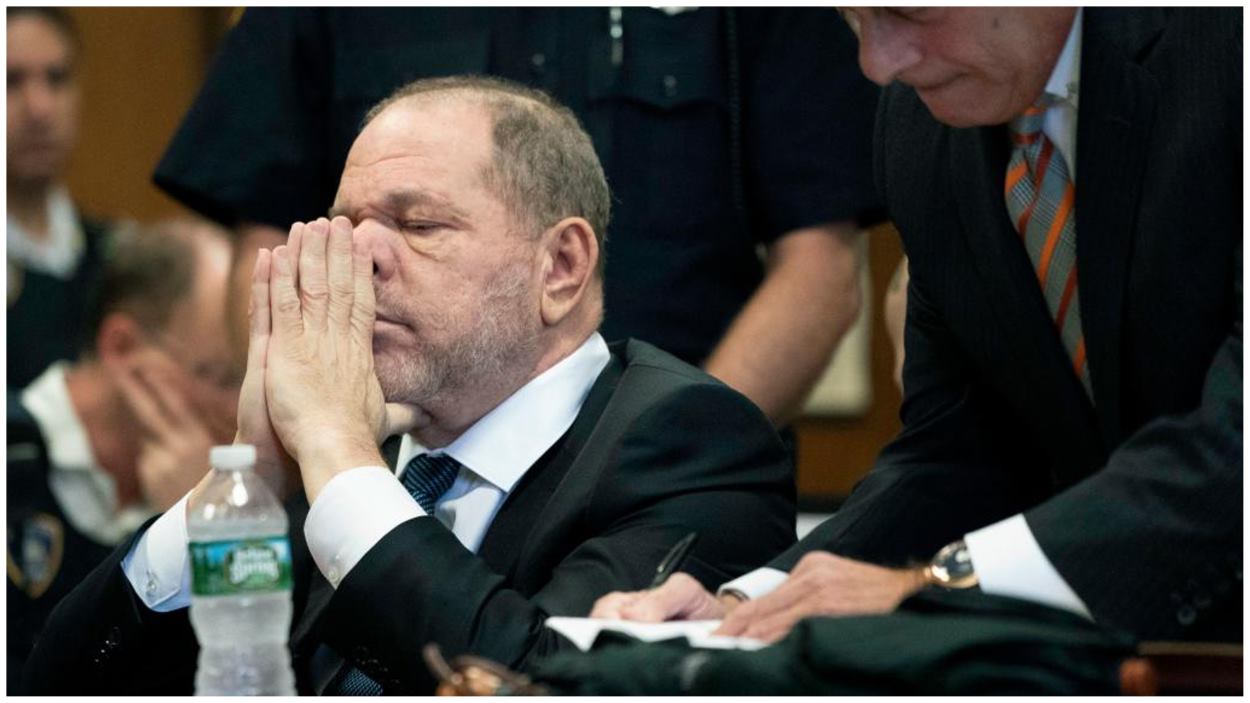New York’s highest court on Thursday reversed the 2020 sex crimes conviction of former Hollywood producer Harvey Weinstein, which fueled the #MeToo movement.
The state Court of Appeals, in a 4-3 decision, found that the trial judge erred in allowing testimony from women who were not directly involved in the charges against Weinstein, claiming he had assaulted them. The court argued that this might have unfairly influenced the jury by negatively depicting Weinstein.
Judge Jenny Rivera, writing for the majority, stated that allowing such testimony was an abuse of judicial discretion as it introduced unverified accusations that tarnished Weinstein’s character without relevance to the charges. Rivera concluded that a new trial would be the only remedy for these significant errors.
Weinstein has been serving a 23-year sentence since his February 2020 conviction for sexually assaulting a former production assistant in 2006 and raping an aspiring actress in 2013.
The decision to retry Weinstein now rests with Manhattan District Attorney Alvin Bragg, who succeeds Cyrus Vance, who originally prosecuted the case. Bragg’s office is currently involved in a separate criminal trial against former U.S. President Donald Trump over hush money allegations.
Responses from Bragg’s office and Weinstein’s attorney regarding the court’s decision were not immediately available.
The overturning of Weinstein’s conviction has been deemed a setback for the #MeToo movement, which has seen numerous women come forward with allegations of sexual misconduct across various industries. Douglas Wigdor, representing eight of Weinstein’s accusers, expressed disappointment, noting that this decision forces the victims to face another trial.
Weinstein, a co-founder of the Miramax film studio known for films like “Shakespeare in Love” and “Pulp Fiction,” saw his studio declare bankruptcy in March 2018. In a separate case in California last year, he was sentenced to 16 years for the 2013 rape of an actress in Los Angeles.






